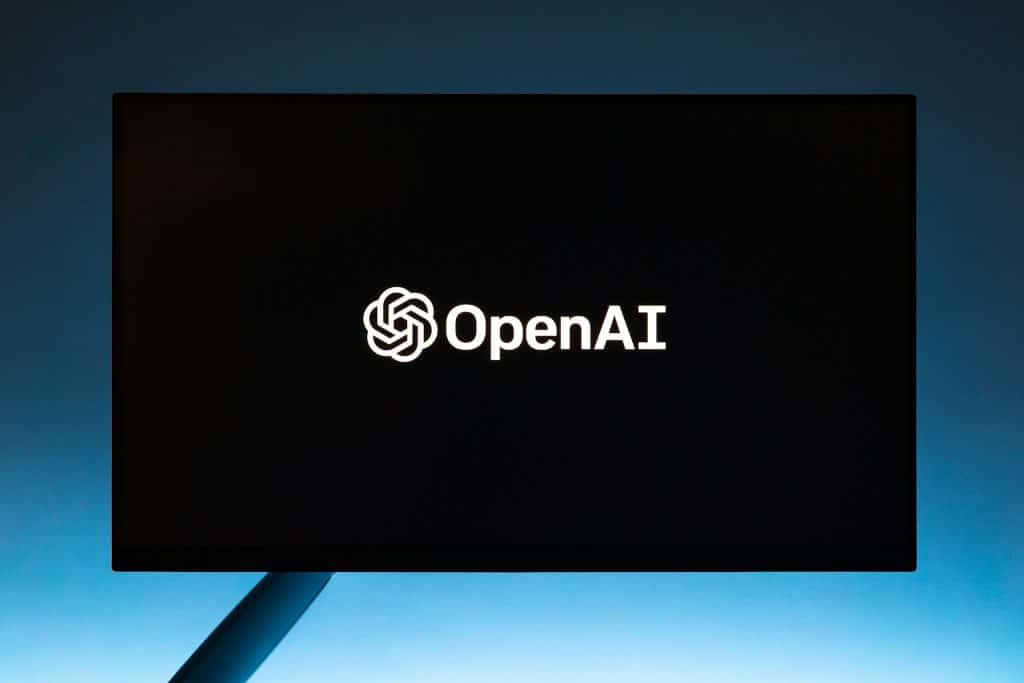Tabla de contenidos
Securing brand names legally is a significant challenge in the business world. This challenge is particularly evident in the recent case of OpenAI and its attempt to register “GPT” as a trademark, an effort that has been rejected by the United States Patent and Trademark Office.
The reason behind this rejection is that the term “GPT” (Generative Pre-training Transformer) is considered “merely descriptive” and, therefore, too general to be exclusively associated with a single company.
This case underscores the importance of professional naming in preventing legal and brand issues.
The Importance of Professional Naming
- Preventing Legal Conflicts: A professional naming process helps identify and select brand names that are not only unique and memorable but also legally registrable. This minimizes the risk of future legal conflicts and rejections by patent and trademark offices.
- Differentiation in the Market: A well-chosen name can significantly differentiate a brand in a saturated market, facilitating its recognition and recall by consumers.
- Avoiding Usage Limitations: By avoiding overly descriptive or general terms, brands can ensure greater freedom in the use and application of their name, without facing restrictions that could limit their growth or expansion.
Reflection on the OpenAI Case
The rejection of OpenAI’s application to register “GPT” illustrates a critical point in brand management: the line between descriptive and distinctive. Although “GPT” has been widely associated with OpenAI, especially through ChatGPT and its artificial intelligence models, the Patent Office’s decision underscores the importance of choosing names that can be clearly identified as trademarks and not merely as descriptions of products or services.
Pros and Cons of the Decision
- Pros: The decision promotes competition by preventing a single company from monopolizing a general technical term. This allows more players in the artificial intelligence sector to effectively describe their products.
- Cons: For OpenAI, the rejection represents a challenge in terms of brand protection and could dilute its dominance over the “GPT” terminology, especially if other actors begin to use the term freely.
The OpenAI case highlights the complexity of legally securing brand names in an increasingly digital and technological business environment. It underscores the need for a strategic and professional approach in the naming process, which considers not only the originality and impact of the name but also its legal viability and registrability.
This approach not only protects companies from potential litigation but also ensures a strong and differentiated brand identity in the market.

